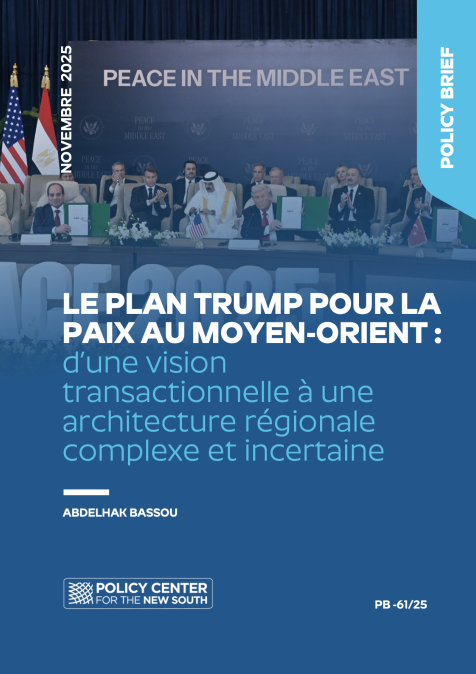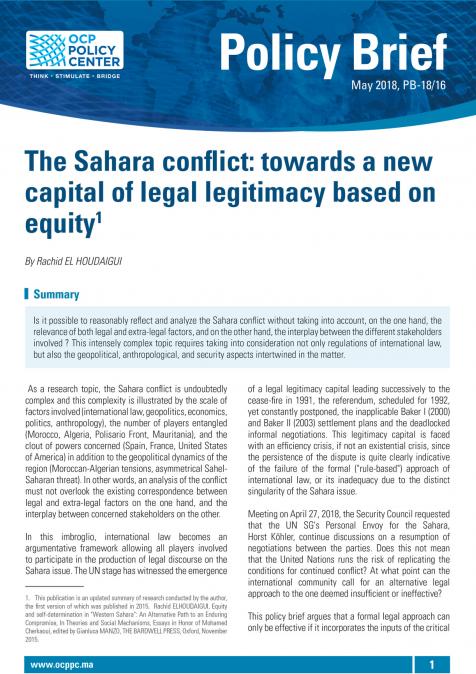Publications /
Opinion
China, which in 1984 signed a treaty to take over Hong Kong from Britain, agreeing to rule it until 2047 as an autonomous Hong Kong Special Administrative region, has suddenly turned impatient.
It has announced to the world that the idea that the former colony could be managed, as the formal agreement stipulates, as “one nation, two systems” for another 27 years, was an illusion, and the city is endangered by chaotic demonstrations by a violent democracy movement, supported by foreign powers, the educated middle class and agents. The National People’s Congress in Beijing voted on “establishing and improving the legal system and enforcement mechanism for the maintenance of national security in the Hong Kong Special Administrative Region”. In other words: the unilateral abrogation of the Sino-British Joint Declaration and the invalidation of Basic Law. Beijing would take control of the city and 8000 protesters awaiting trial might be sentenced by mainland courts, with no free press present to observe the court proceedings, and no foreign lawyers accepted. Judges loyal to Beijing would impose punishments for crimes of sedition, subversion, and treason in Hong Kong. Security personnel from the Ministry of State Security and the People’s Armed Police would be sent to crush the activists of the democratic movement, predominantly young people and the educated middle class. In his China Brief, James Palmer of Foreign Policy forecast that the new law, “will likely lead to widespread arrests on spurious political charges, a crackdown on free speech and the unleashing of China’s security organs”.
Rebels With a Cause
Hong Kong, which last year saw chaotic confrontations between brutal police forces and fearless and well-organized activists, will face an escalating battle of frustrated counterinsurgency groups, damaging further the reputation of the self-governing city as an important hub for international finance. Beijing “has lit Hong Kong’s funeral pyre”, headlined Foreign Policy. It was “a historic moment with far reaching consequences”, agreed AFP correspondent Jerome Taylor. Foreign Policy is convinced that the rebels with a cause will “fight the imposition of mainland security measures fiercely, but alone”. The situation could threaten the benefits both China and the United States draw from the status of Hong Kong.
Hong Kong is a global city with a powerful stock exchange, almost on the level of New York and London. In 2018 Hong Kong, was the U.S.’s 21st largest trading partner. In the same year, the U.S. enjoyed its largest trade surplus ever with the former colony—$31.1 billion. Hong Kong provides the regional headquarters for 300 U.S. companies, and houses regional offices for 434. Hong Kong, just as a footnote, also has the highest poverty rate of any economy of comparable size, a chronic housing problem, and an underfunded public health system, but it is the financial center of Asia, the economic gateway to mainland China.
Blind Self-Interest
The demise of Hong Kong is also a symbol of “the ugly end of Chimerica”, according to Orville Schell, Director of the Center on US-China relations at the Asian Society in New York, in an article for Foreign Policy. “The coronavirus pandemic has turned a conscious uncoupling into a messy breakup”. “Relations between the US and China are at their worst point in decades”, noted the New York Times (May 29). “After two years of fights over trade and technology, Hong Kong and the coronavirus pandemic have emerged as new sources of conflict, accelerating the downward spiral of the relationship between the world’s two largest economies”, the New York Times said. U.S. Secretary of State Mike Pompeo informed Congress that Hong Kong’s fate as a fully Chinese entity was all but sealed: “No reasonable person can assert today that Hong Kong maintains a high degree of autonomy from China, given facts on the ground”. Washington is looking, once more, at sanctions, travel restrictions and revoking the preferential treatment of Hong Kong as a separate customs and travel territory from the rest of China. Visas have been canceled for a few thousand graduate students, whose universities are alleged to have close relations with the military or espionage services, indicating that some students, or all, may be potential spies. Most likely the Trump administration will revoke the special trade and economic status of Hong Kong, under which the city is treated as separate from mainland China on terms that have underpinned Hong Kong as a global financial hub.
Trump, reported Jerome Taylor for AFP from Hong Kong, “has taken a hard line against Beijing on trade but shown little interest in human rights and spoken warmly of his Chinese counterpart, Xi Jinping. He is also reluctant to jeopardize his trade agreement with China as he seeks re-election in November”—which is in jeopardy because of burning cities, an uncontrolled COVID-19 spread, 40 million unemployed and the erratic, unpredictable Mr Trump himself.
The opinions expressed in this article belong to the the author.






